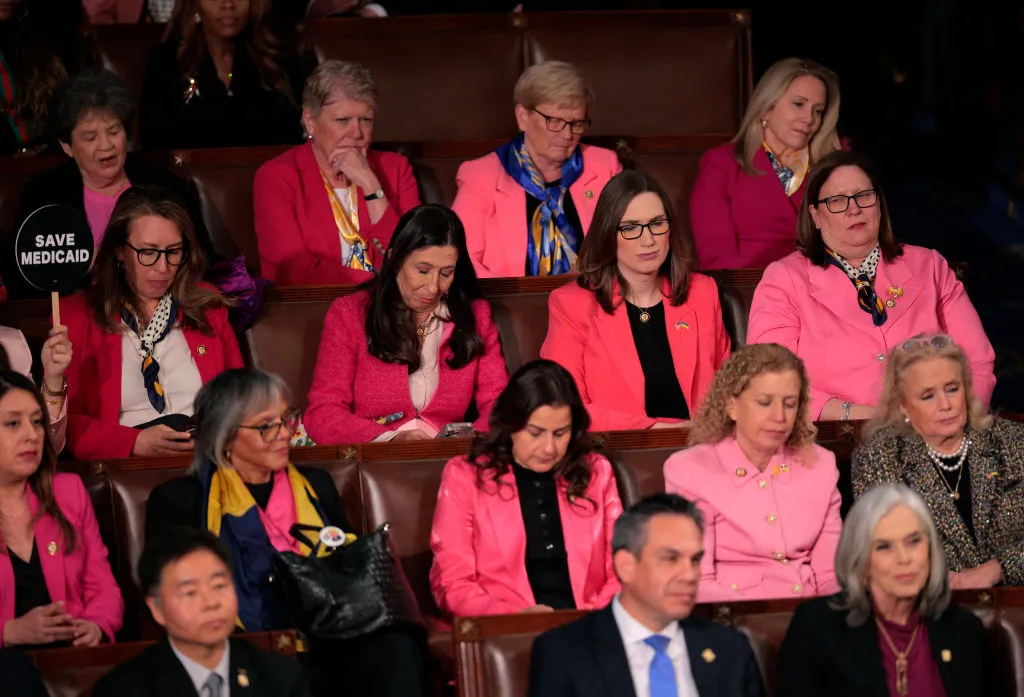Knowledge and Our Society

https://www.apqc.org/expertise/knowledge-management
September 26, 2019
It’s apparent across our society: from shows like “Are You Smarter Than a Fifth Grader?” displaying the appalling retention of basic knowledge adults have from early grade-school, to math teachers scoffing at memorizing spelling while English teachers dismiss the relevance of polynomial calculations, to humor on Twitter and in memes making light of and ultimately glamorizing not knowing, with ignorance as the punchline–we cultivate a culture of degrading knowledge, to which students are heavily exposed.
If students are so pushed to pursue STEM and other careers related to academia, just where are they supposed to find the fuel for knowledge? If we are to brand ourselves as an intellectually thriving society, just where can we cite the evidence?
Our society is strangely hypocritical in its attitudes toward knowledge: while teenagers are suffering from higher amounts of stress in overworking themselves with advanced courses and overflowing in college applications to the most prestigious schools, the environment they grow up in does not advocate for a pursuit of knowledge. America prides itself on being educated–for example, former President John F. Kennedy equated the progress of the nation to the progress of education. This disparity can be attributed to unhealthy attitudes toward school subjects, as well as a culture that reinforces the dismissing of knowledge.
The variety of school subjects students are required to take is often perceived as a hassle by students who have already chosen a specific field they’d like to study in. The number of students in AP courses is steadily increasing, and a commonly cited reason for this rigorous commitment is to earn credit to avoid general education classes in college. Even those that don’t choose AP are often anxious to hastily move through those required GEs. Whether it’s A-G courses in high school or GEs in college, students clearly place very little value on purely learning to learn.
Even if a specific fact or piece of knowledge seems too obscure to ever directly apply, a nondiscriminatory approach to absorbing knowledge broadens one’s scope and outlook on the world. A genuine and rich understanding of concepts can only add to one’s cumulative perception of the truth that governs the world and its people. For example, adopting proper grammar and spelling creates good writing habits that can be applied in comprehending and constructing advanced material in any field. Familiarizing oneself with mathematical principles makes calculations in financing and even cooking more intuitive. Learning a new language aids in memory skills and enhancing one’s worldliness and appreciation for different cultures. Knowing basic science foundations help build a general understanding of the laws our world functions on and encourages critical thinking. Grasping the causes and effects of the major events of history makes us more informed on the political climate and forms knowledgeable voters.
However, there is something to be said that perhaps the education system’s focus is slightly distorted. Perhaps important skills, values, and knowledge are bypassed in the education process to render students confused and helpless when it comes time to use and apply the knowledge they were never taught. Finances is one subject many young adults come to a consensus about–they feel unprepared in realms related to budgeting and taxes. When it comes to preparing teenagers for their future in a capitalist society, money management should be one of the first subjects that come to mind. In addition, PE should be required each year (except, perhaps, for athletes) and in-depth Nutrition and Health courses should be required to cultivate beneficial habits and an awareness of health. The dreaded “Freshman Fifteen,” (the characteristic fifteen pounds young adults often put on when they leave for college) can be largely prevented if healthy habits are already developed out of habit and initiative in adolescence. Psychology or Sociology are important courses that should also be required in order to give students insight into how they, their fellow humans, and the society they are all a part of the function and interact together. In a time where differences run rampant and are huge contributors to violence and crime, a scientific grasp on human nature and what unites us as a species couldn’t hurt anything.
If teenagers are branded as so resistant to pursuing knowledge, just where does this influence come from? Seeing as seeking understanding is an innate human trait (apparent in the excitement babies and children adopt as they are introduced to new concepts), the culture that shapes teenagers’ malleable brains and values is largely at fault. Though it seems counter-intuitive, the culture of degrading knowledge can be found within schools themselves. Math teachers and English teachers’ consistent inability to understand each other’s subjects ingrain the idea that math and language arts are mutually exclusive–you’re either a literature person or a numerical type. In addition, it is commonplace for the administration running award ceremonies for academic achievements or competitions to remark that they “don’t know any fraction of what these kids do.” A flattering compliment, sure, but when the speaker is in charge of fostering academic achievement in those said kids, is that a trait they should be bragging about? Those subtleties entrench the misconception in students’ heads that what they are learning is not valuable knowledge, but simply a ticket to adulthood and freedom. Then those same teachers and administrators are frustrated by those same students, procrastinating and dismissing work, implore, “When am I ever going to need this in real life?” when they are simply modeling the culture around them.
However, teachers and administrators are obviously largely well-meaning. What can be argued to have an even bigger consequence is the pop culture surrounding and dealing with school and knowledge. A very prevalent example is the type of humor that governs content on Twitter, Snapchat, and memes, which glamorizes and makes punchlines out of ignorance; for example, “My last two brain cells taking a test…” These types of phrases quickly begin to take up residence within students’ idiolects and mindsets, taking root and penetrating how they perceive knowledge, often, as something they don’t have and cannot acquire. When students fall into the trap of believing they’re “so confused” or “completely lost,” they dig themselves into a hole of helplessness that is very hard to escape from, especially without a motivation to understand for the sake of understanding.
In addition, perhaps to a greater extent, society’s priorities in putting knowledge to use are toxic and an atrocious influence to impressionable teenagers. For example, the recent college admissions scandal demonstrated the exchanging of money for the appearance of knowledge that comes with a degree from a selective university. Olivia Jade posted to her YouTube channel that she doesn’t care for school and only appreciates college for the parties and roaring social life. When the illusion of knowledge is simultaneously so sought after yet genuine knowledge so minimally valued, it confirms our society has it completely backward. Knowledge does not need to be flaunted by a diploma on a wall; it is the secret weapon that should be applied to enable people to make change. Knowledge is not a key to status, it cannot be bought; it is a pure understanding of what surrounds us and governs us.
Perhaps the most pathetic example is how the government does not appreciate nor even acknowledge the truths that knowledge reveals to the human race. With our current administration blatantly ignoring the horrors of climate change that have been proven time and time again by science, they are not only putting the literal future of the world in peril, they discount the first eighteen years people are required to allocate toward schooling and even up to thirty years to master a field and receive a Ph.D. by not listening to the educated. When someone has gone to school for years and devoted their life to research, they are not sharing their knowledge to manipulate some imagined agenda. They are simply messengers of truth, and they must be listened to very carefully.
Clearly the attitudes our society harbors toward both the school system and knowledge itself are extremely misconstrued that a huge and, unfortunately, the unrealistic shift would be needed to reform. In the meantime, we must individually take charge of our own pursuits for the truth to better our own corners of the world.








